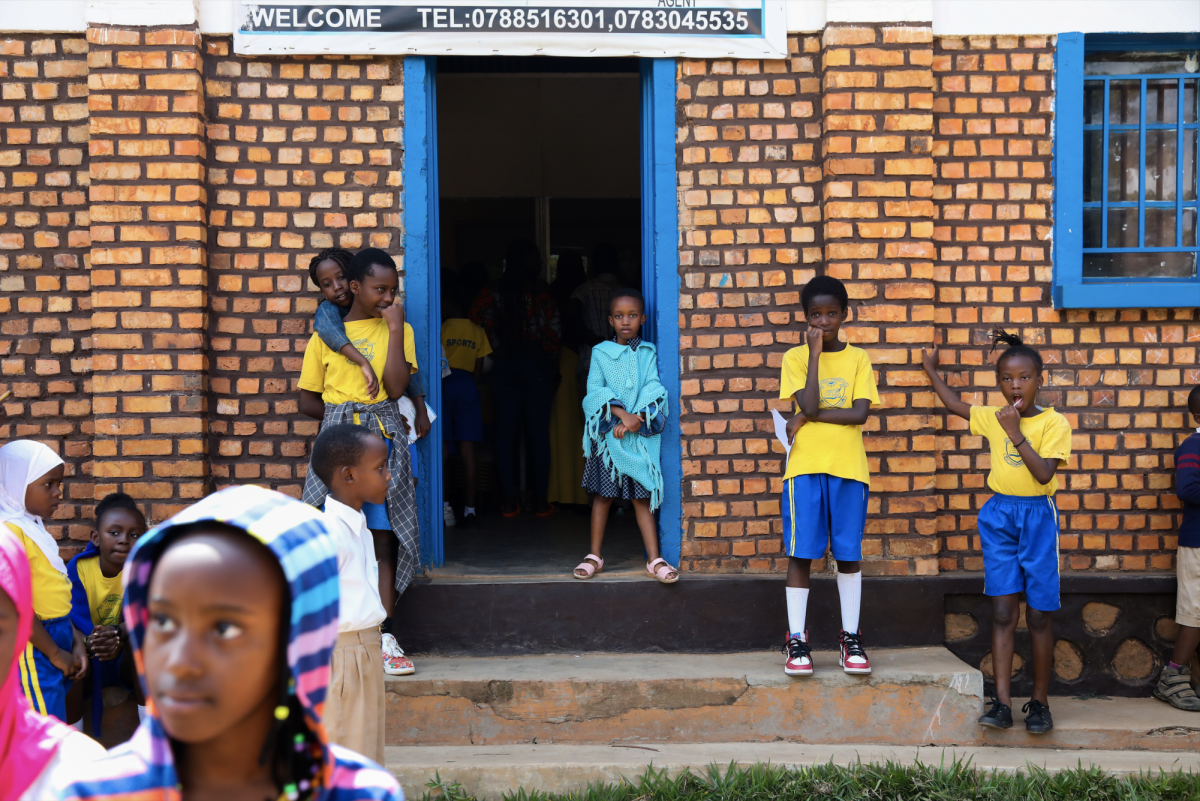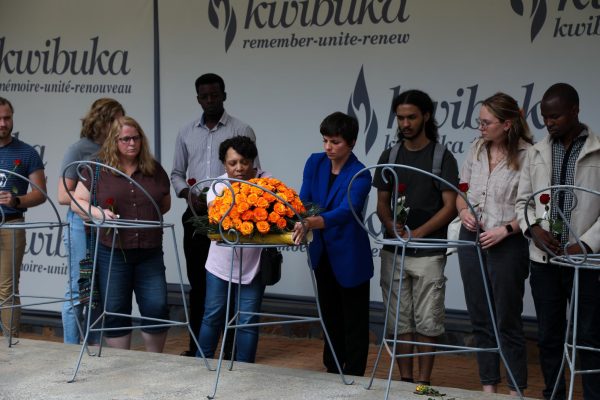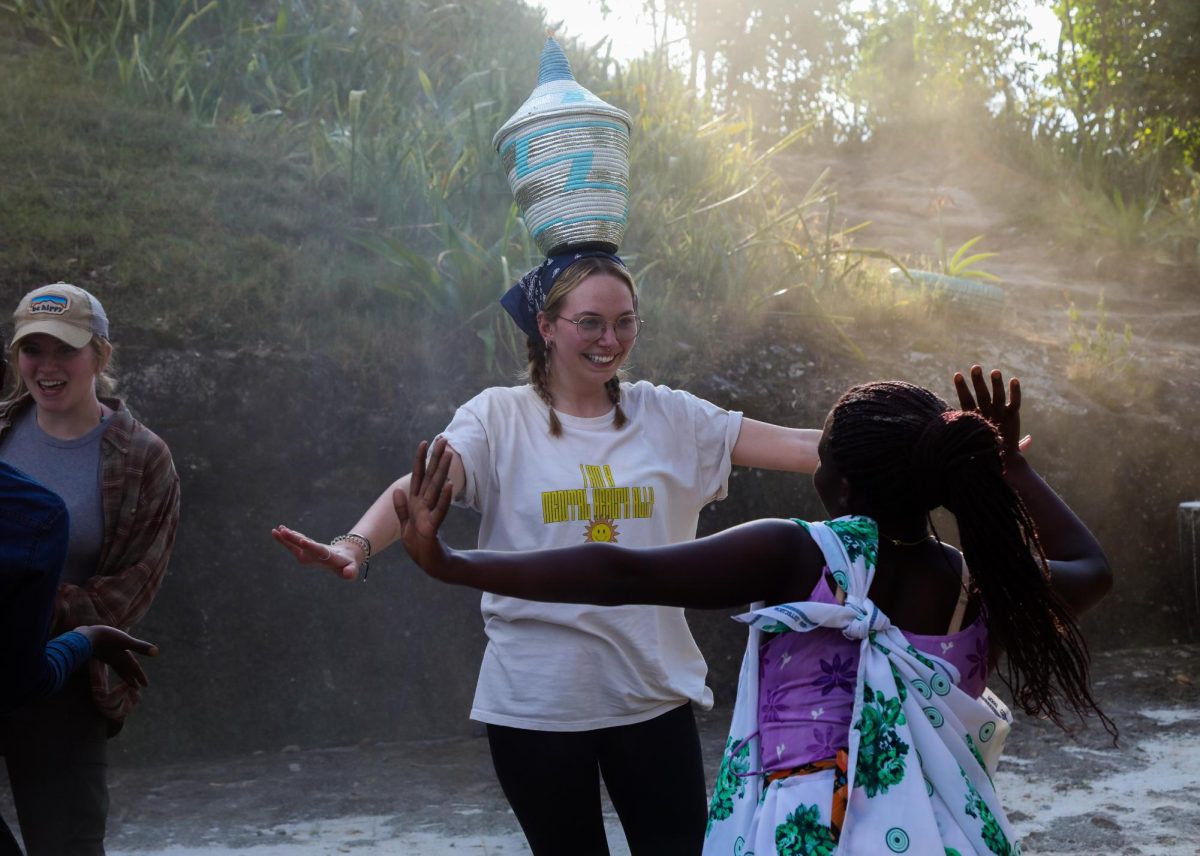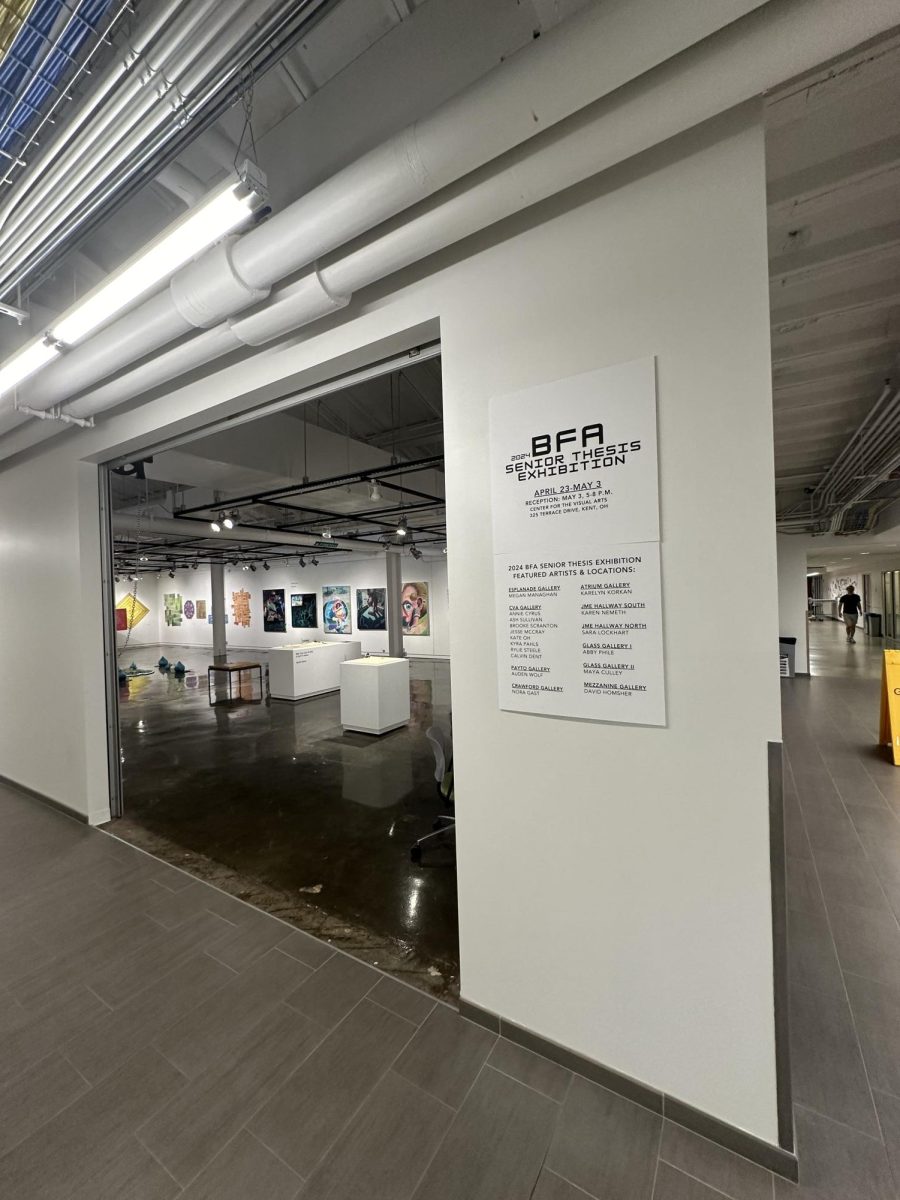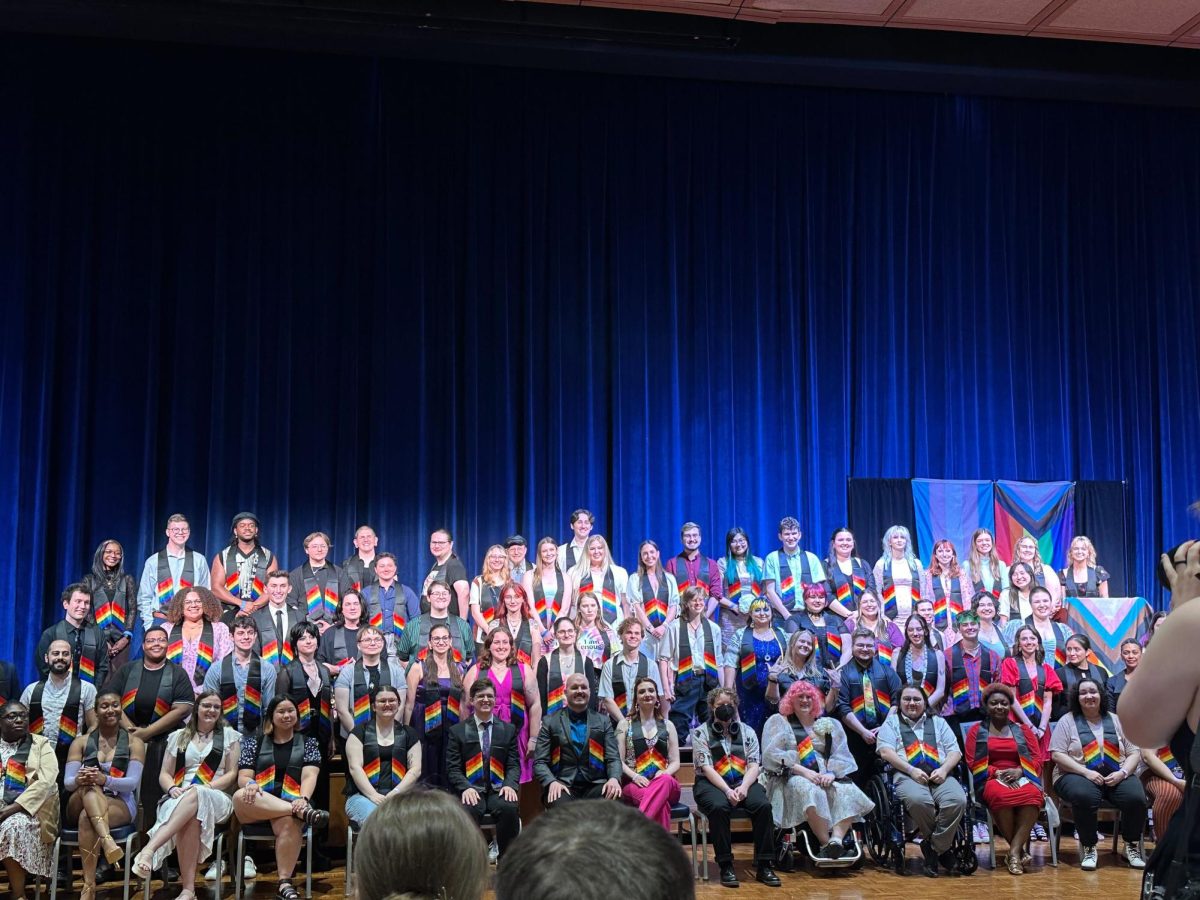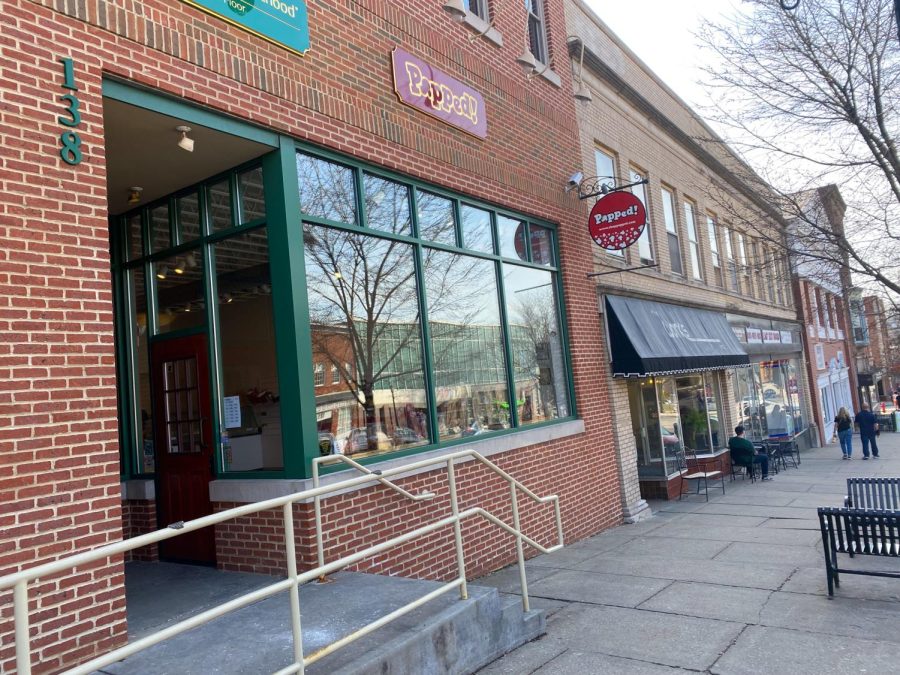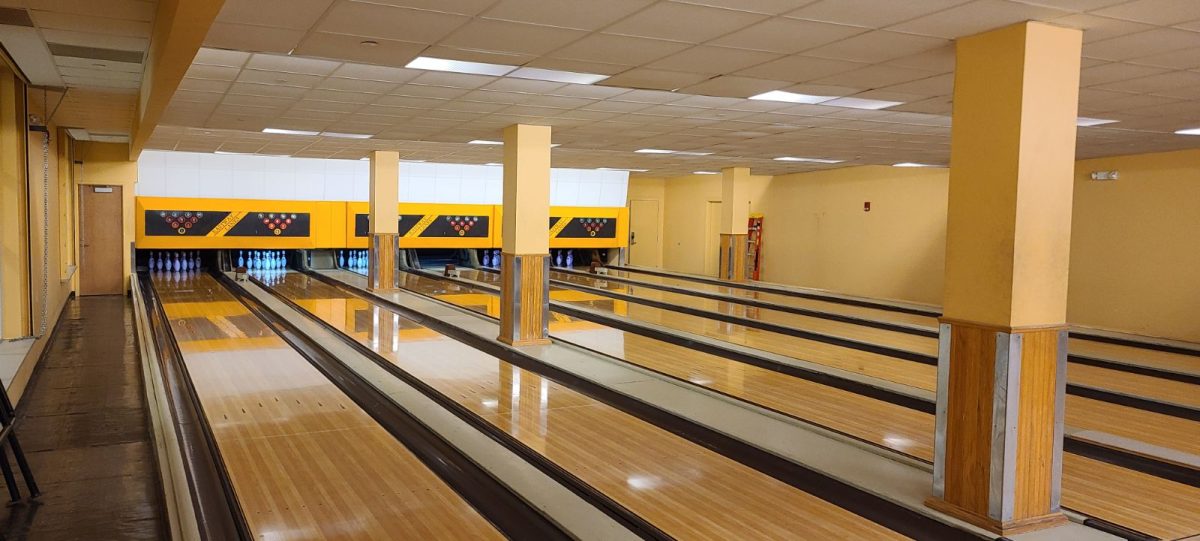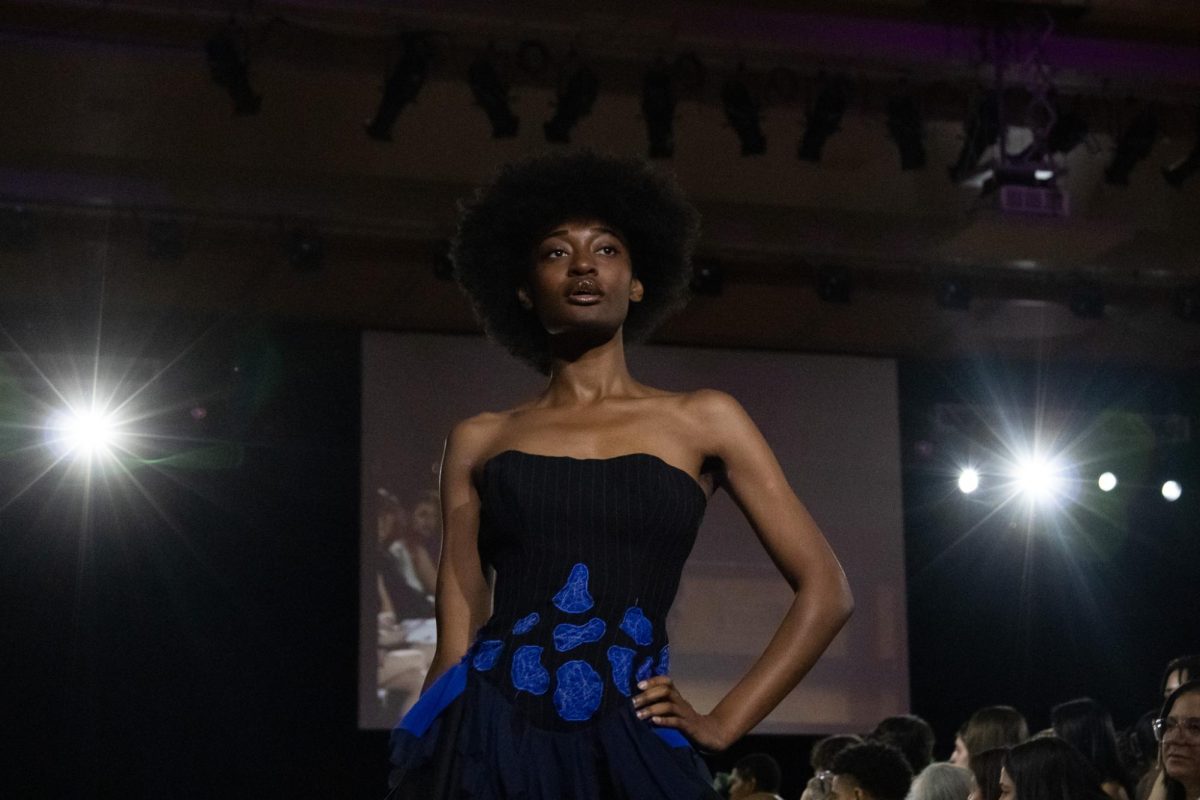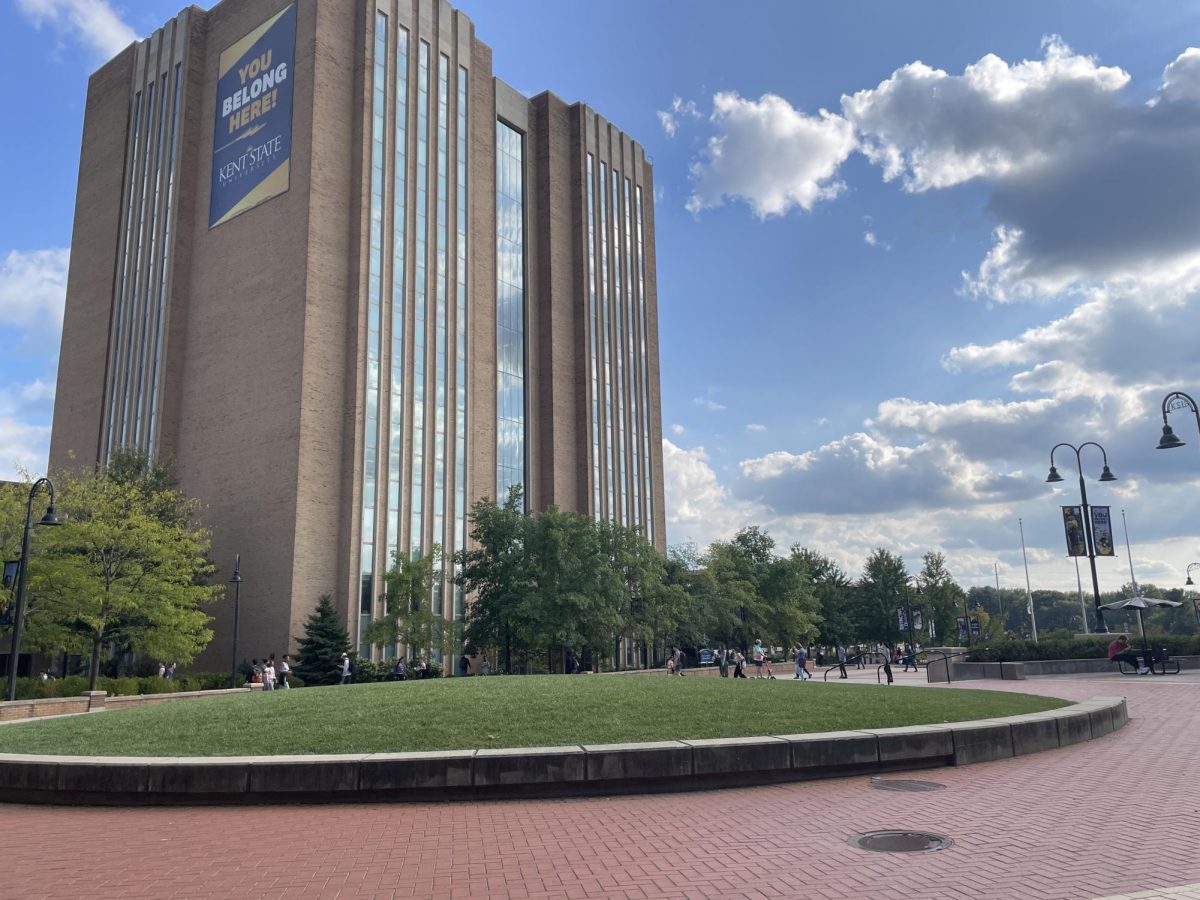The second week of the Kigali institute started with the Peace in an Era of Crisis conference, a collaboration of the Peace and Conflict school at Kent State and the Center for Conflict Management at the University of Rwanda.
The conference included a series of panels, presentations and workshops over a period of three days, all pertaining to the topic of peace and conflict. The students sat in the audience, listening to each presentation. The first panel of the conference included Sarah Schmidt, our professor for the Kigali institute, who presented on peace pedagogies and the issue of colonization in education.
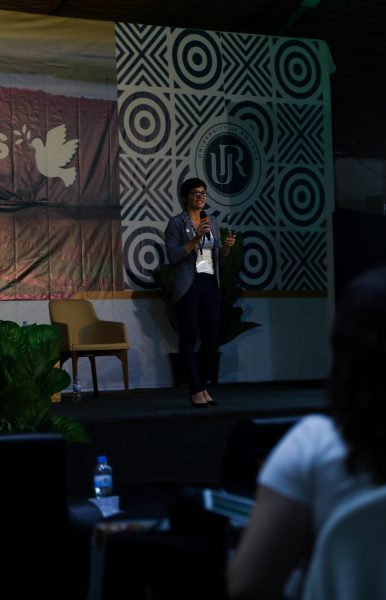
“When we think about education as a system it’s very Eurocentric,” Schmidt said. “The purpose of my conference presentation was to problematize that and show why that is an issue.”
“We really can’t have peace if at the heart of an education system we have white supremacy,” she said.
For one of the last workshops, Barbara Wein, American University professor and mentor to Schmidt, conducted an interactive session that included conversations on our impact in the world, lessons on the timeline of war and an emphasis on the need for positive peace. During her presentation, she quoted Dr. Martin Luther King Jr.
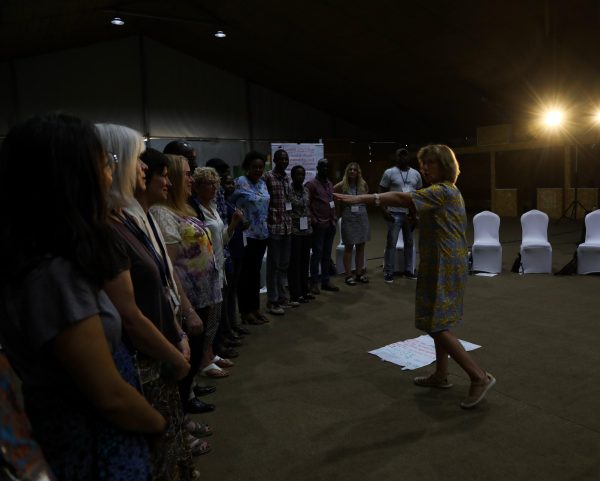
“He says, ‘I refuse to accept the view that the human race is so tragically bound to the starless midnight of racism and war… I believe that unmarked truth and unconditional love will have the final word,’” she said.
During a break in the conference, Déo, a recent graduate of the University of Rwanda, showed me and three other study abroad students around his primary school.
We passed parents who were picking up their kids from class walking out of the school, while others played with a ball outside the classrooms. Two girls around the age of five ran up to me to give me a hug, telling me hello in English and their names in their native language of Kinyarwanda.
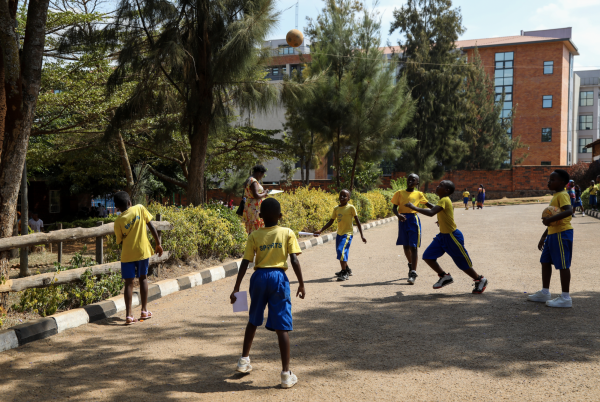
On one of our free days, the study abroad students took a trip to the Northern Province with Frama Nature Adventures.
Fraterne, the owner of Frama Nature Adventures, has recently started taking tourists to his home village of Birwa, and on tours of an island with a view of volcanoes.
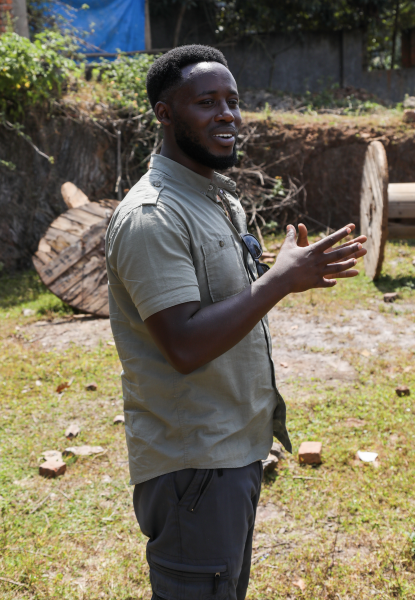
Fraterne led us up a mountain to view Lake Burera and its islands and the five volcanoes in the Northern province. From the other side of the mountain, we could see into the neighboring country of Uganda.
While walking down the mountain, we were met by Fraterne’s father, who let us walk through his childhood home.
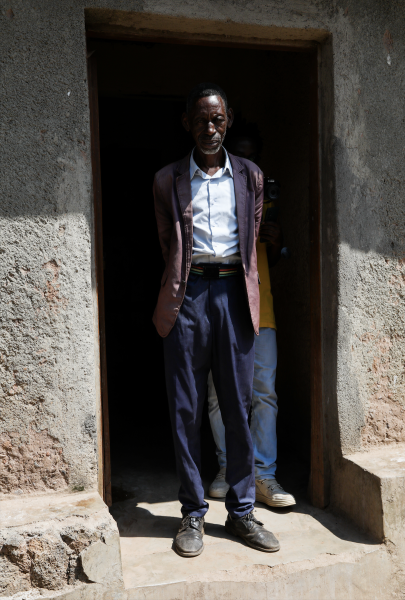
The house was a small, dark concrete house, with cows, rabbits, goats and a view of the mountainside in their backyard. To get to the house, we walked along small paths on the side of the mountain. Corn laid out to dry in their backyard, and we could hear children being let out of school in the distance.
After spending some time with the animals, we took a boat to one of the islands, where Fraterne’s main tourism venture is.
On the island, we watched a cultural African dance. The dancers said the men depict conflict through dancing, while the women depict cattle. Cultural dancing acts as a way of generating income for people in Birwa. At the end of the performance, we joined in.
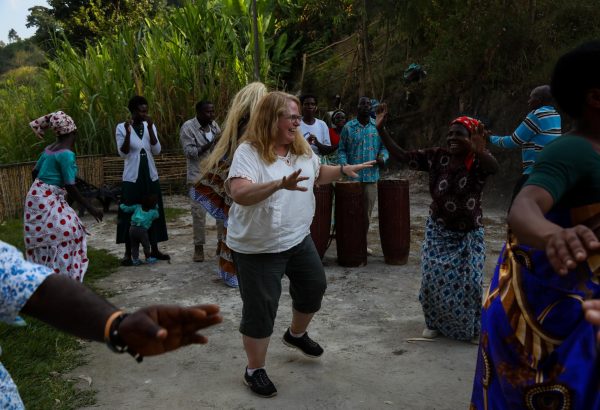
Kent State master’s student in higher education Jordon Egbert said visiting the northern province added to his experience studying abroad.
“The northern province and rural communities showed us a new side of Rwanda,” he said. “It really highlighted the community spirit and love for this country.”
Sophia Lucente is a photographer for Kent State’s Collaborative NewsLab. Contact her at [email protected].













